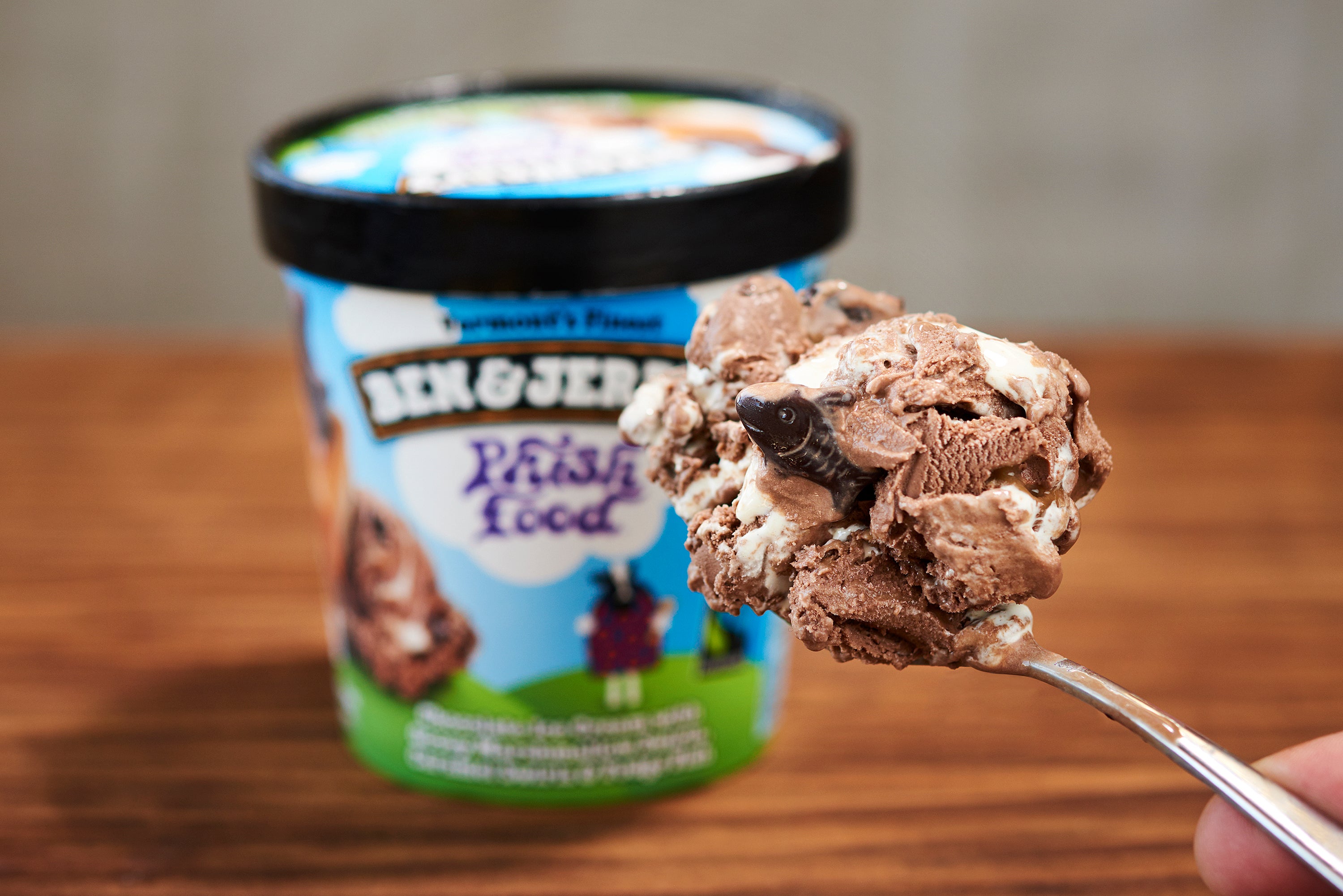Unilever to cut 7,500 jobs worldwide and spin off ice cream business
The group’s bosses confirmed that AI would ‘play a role’ in the jobs cull

Your support helps us to tell the story
From reproductive rights to climate change to Big Tech, The Independent is on the ground when the story is developing. Whether it's investigating the financials of Elon Musk's pro-Trump PAC or producing our latest documentary, 'The A Word', which shines a light on the American women fighting for reproductive rights, we know how important it is to parse out the facts from the messaging.
At such a critical moment in US history, we need reporters on the ground. Your donation allows us to keep sending journalists to speak to both sides of the story.
The Independent is trusted by Americans across the entire political spectrum. And unlike many other quality news outlets, we choose not to lock Americans out of our reporting and analysis with paywalls. We believe quality journalism should be available to everyone, paid for by those who can afford it.
Your support makes all the difference.Unilever has announced plans to spin off its Ben & Jerry’s ice cream division and cut around 7,500 jobs globally as part of a major shake-up.
The firm, which also produces Marmite and Dove soap, said the jobs affected would be largely office-based as it looks to invest in artificial intelligence (AI) and IT to boost productivity, saving around €800m (£684m) over the next three years.
The roles are expected to go over the next two years, although staff will be consulted about the cuts.
Unilever did not reveal how many jobs would go in each country but it is expected that its 6,000-strong UK workforce will be among those affected.
The company, which is headquartered in Blackfriars, London, has 128,000 employees globally.
We are committed to carrying out the process with respect and care for those impacted
The firm also revealed that the overhaul would see it spin off its ice cream business – which also includes the Wall’s and Magnum brands – most likely through a separate stock market listing.
The group’s bosses confirmed that AI would “play a role” in the jobs cull as part of a “comprehensive” programme to invest in technology.
It said it was too early to give details on the types of jobs that would be affected, given the need to consult with staff, but confirmed that roles would go across sites including its head office and corporate centres.
The group’s UK footprint includes its London HQ and a site in Leatherhead, although it is planning to relocate both to a new base in Kingston, London, next year.
Chief executive Hein Schumacher said: “Under the growth action plan we have committed to do fewer things better, and with greater impact. The changes we are announcing today will help us accelerate that plan.”
He added: “We are very aware of how unsettling this will be for our people around the world. We are committed to carrying out the process with respect and care for those impacted.”
Unilever said while the ice cream arm would likely be demerged via a stock market listing, it would consider other options to “maximise returns for shareholders”. It has not yet been decided whether the ice cream arm will be listed in London or the Netherlands, where the division is currently headquartered.
The group will kickstart the demerger process immediately, with full separation set to be completed by the end of next year.
The ice cream division delivered a turnover of €7.9bn (£6.8bn) last year, but Unilever said it differed from the rest of the group due to its seasonal sales nature, while it also has a frozen supply chain and “high capital requirements”.
The decision to demerge the ice cream business comes in the wake of Unilever appointing billionaire activist US investor Nelson Peltz to the board in 2022.
But Mr Schumacher – who replaced Alan Jope as chief executive last July – played down suggestions that the move followed pressure from Mr Peltz, saying: “We really need to see it as a board decision and as him being part of that.”
While the group-wide overhaul is expected to deliver significant savings, it will cost the firm about 1.2 per cent of group sales over the next three years.
The ice cream business accounts for around 16 per cent of global sales and up to 40 per cent of turnover in some countries.
Ian Meakins, chair of Unilever, said: “The separation of ice cream and the delivery of the productivity programme will help create a simpler, more focused, and higher-performing Unilever. It will also create a world-leading ice cream business, with strong growth prospects and an exciting future as a standalone business.”